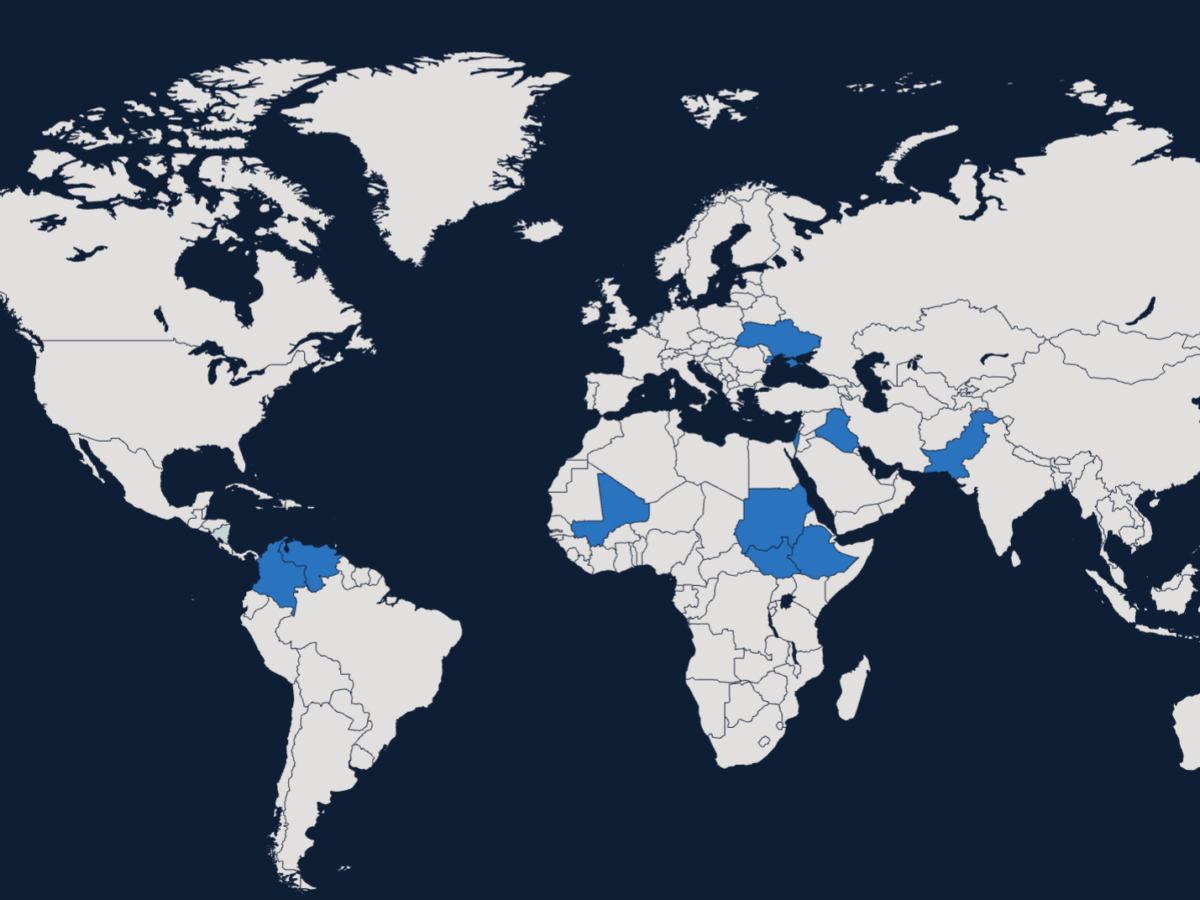Human Trafficking and ISIS

Human trafficking is an effective tool that serves several purposes for terrorist organizations. It facilitates the recruitment and retention of male foreign fighters and provides a reward mechanism for successful combatants. It also generates revenue and contributes to psychologically crushing “the enemy,” by “decimat[ing] communities.” Trafficking, as a tactic of warfare, “intimidates populations and reduces resistance just as enslavement and rape of women.”
While it is well-understood that ISIS’s kidnapping and enslavement of Yazidi women and other female prisoners constitutes human trafficking, less attention has been paid to the prospect that some of ISIS’s female recruits from the West, who average 18 years of age, may also be considered victims of entrapment and trafficking because of the techniques used to lure these young women and how they are exploited upon arrival in ISIS-held territory.
If some recruits fit international or national definitions of trafficked persons, it affects the way that the justice system categorizes their recruiters—who would be criminally liable for human trafficking—and also influences how the law interprets the actions of the trafficked young women when they sit as criminal defendants. Furthermore, if Women from the West joining ISIS are victims of human trafficking, this impacts how the international community should design its counter-terrorism policies and research agenda.
Explore More

Voices from the Margins: Lived Realities of Rural Afghan Women

Conflicts and Trends to Watch in 2026
